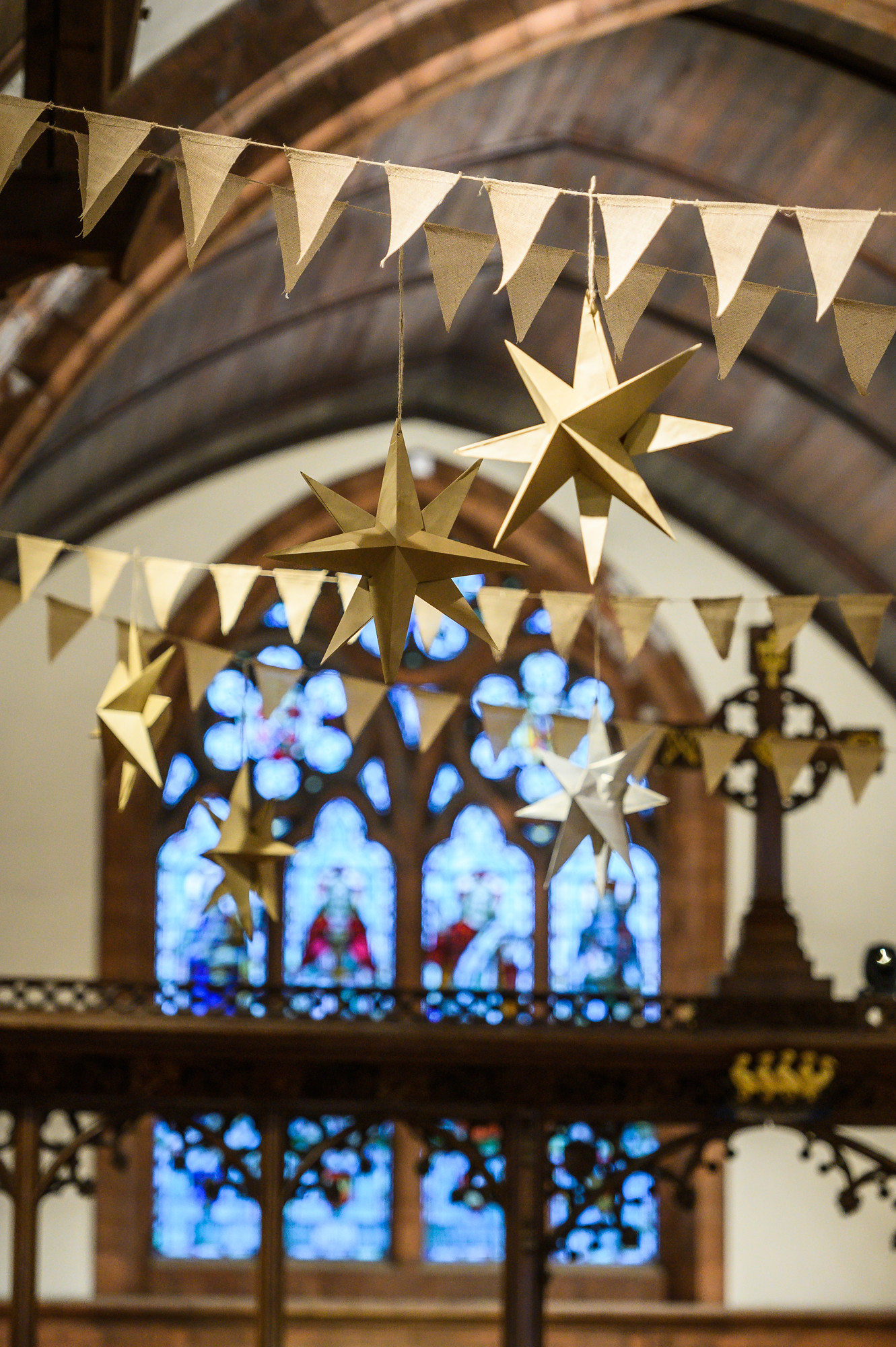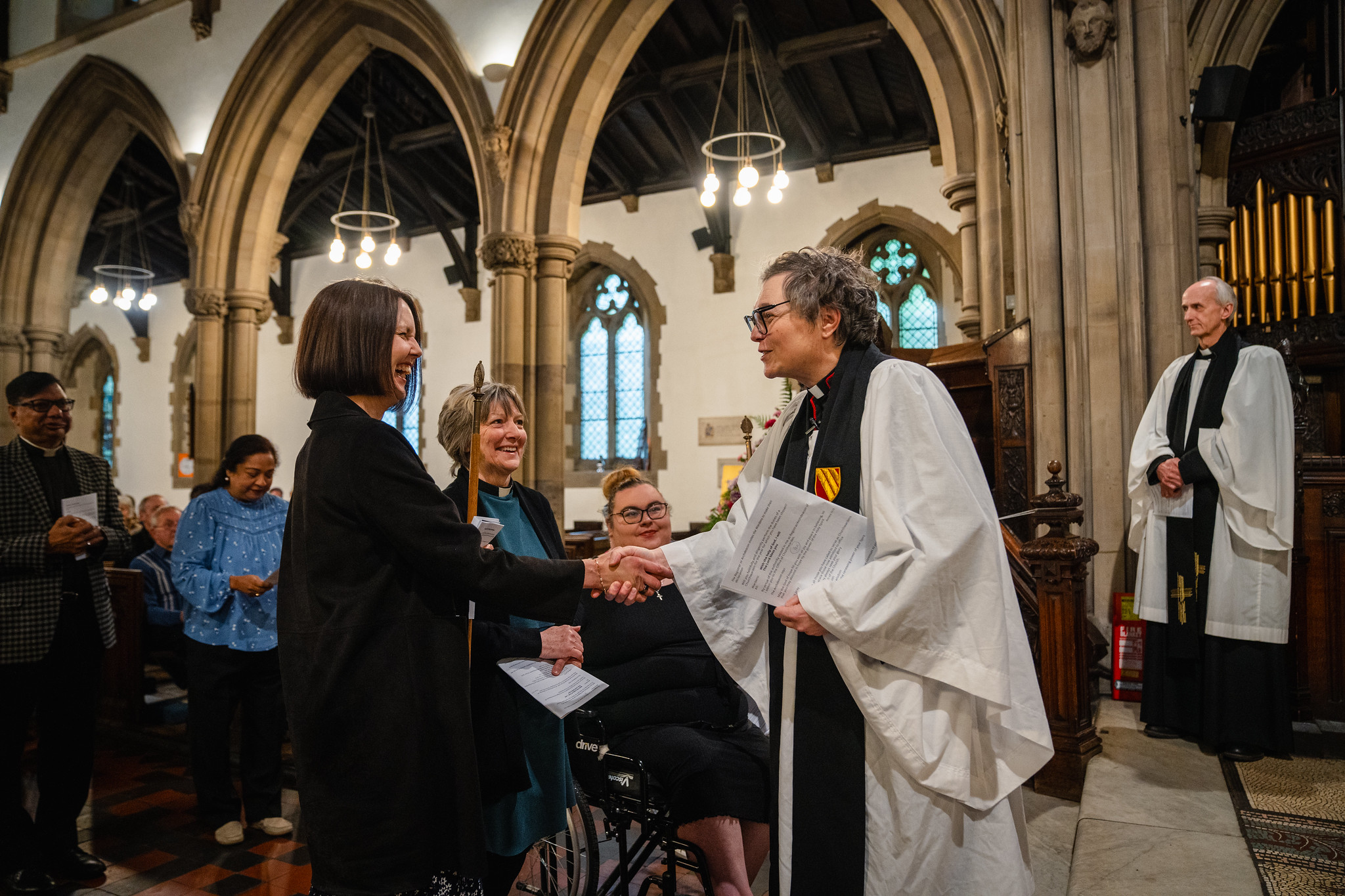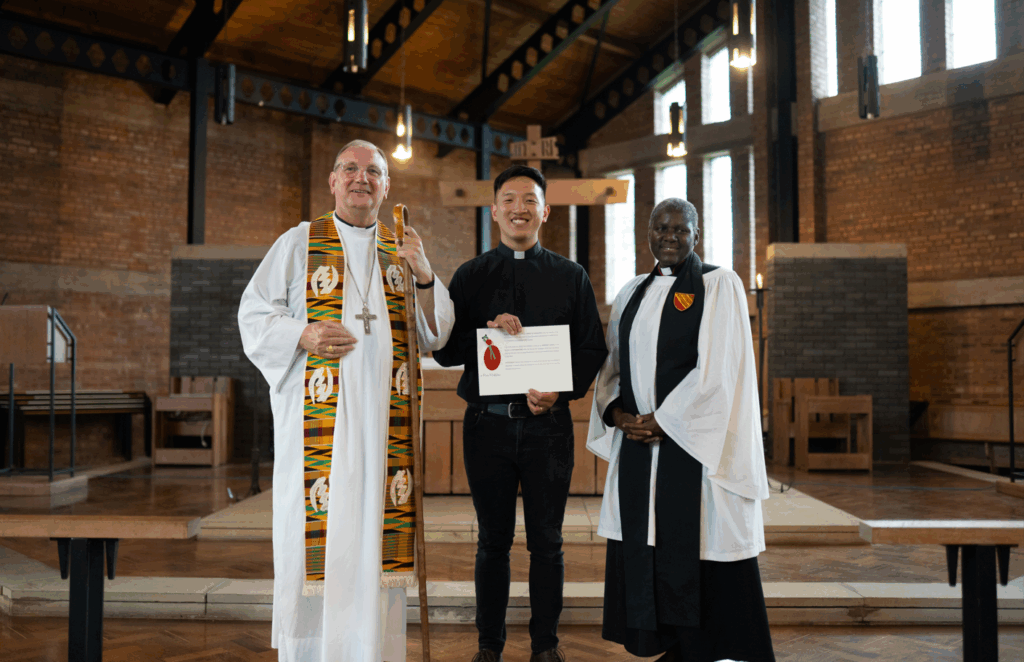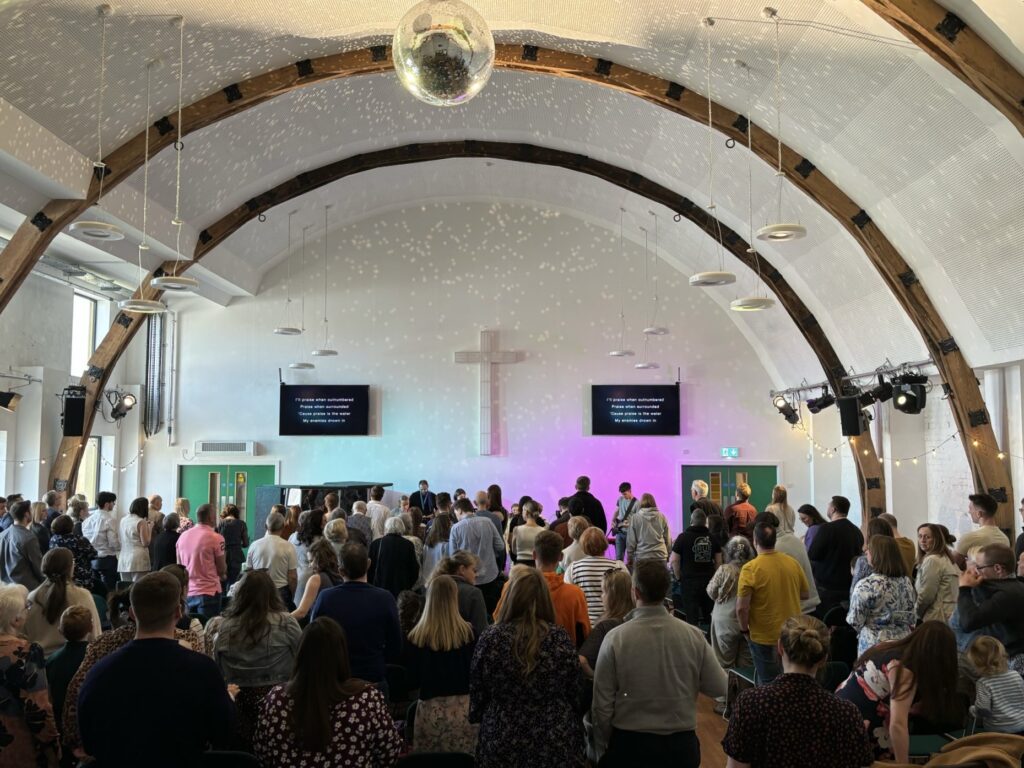
ABOUT US
Church Planting and Revitalisation
Over the last seven years, we have set up four new resource churches and over ten church plants. We want to build on the experience of our existing resource churches at the same time as investing in new resource churches and new church plants, so that churches carrying a DNA of mission are established across our diocese, particularly in communities where attendance is low.
Resource Churches
A Resource Church is a strategically commissioned church with a clear purpose: to evangelise, plant, and revitalise churches across its locality. Authorised by Bishop David and part of our long-term vision for growth, resource churches are designed to serve beyond themselves – resourcing others, raising leaders, and helping new and existing churches flourish.
Resource churches are equipped to:
- support and strengthen other parish churches;
- develop leaders for future church planting;
- share resources for mission across the area;
- contribute to a mixed ecology of church life;
- embody the Church of England’s vision to be Christ-centred, mission-shaped, and boldly engaged with the world.
Some resource churches receive initial funding from the national Strategic Mission and Ministry Investment Board (SMMIB) to support staffing, building reordering, and ministry development. This investment comes with clear goals and accountability, including plans to become self-supporting within five years and contribute to parish share. Resource churches are expected to plant new churches regularly – typically every four years – led by planting curates and teams who revitalise existing congregations or establish new ones.
There is no single style of resource church. Many lean towards informal worship and contemporary music, often attracting young adults, but all value welcome, hospitality, and generosity. Resource churches can belong to any theological tradition – evangelical, catholic, or otherwise – and draw on rich histories of planting and renewal.
Learn more about our latest church plant at William Temple Church in Wythenshawe in this short film:

The Antioch Network
A network of small churches, known as The Antioch Network are ministering in our diocese under a Bishop’s Mission Order. The location of the churches is based on existing relationships in the current churches and opportunities that arise in suitable locations elsewhere. We’re committed to planting, not just in the city of Manchester, but also in the towns around Manchester, including Rochdale and Bolton.
This video explains more:

The Antioch Network is not about buildings and instead focuses on establishing communities of people centred upon Jesus Christ. Churches are established in areas where the diocese is struggling to connect with the local community, often in some of our region’s most deprived neighbourhoods.
These plants are based on church models where the numbers remain small, the church is highly attuned to issues of poverty, and where relationships are strong. When these church plants grow to about 50 people, the idea is to plant another church rather than adding to the existing congregation, and so the ministry expands into different areas.
More information is available on the Antioch Network’s website.
Explore related articles
New Clergy Lead to Join The Antioch Network
National Church Backs Manchester Diocese’s Vision for Mission and Growth
New Chapter at William Temple in Wythenshawe
Ardwick Green Barracks is the new home of Fabric Church
St Werburgh’s reopens for worship
New church opens in Rochdale town centre
Explore more









